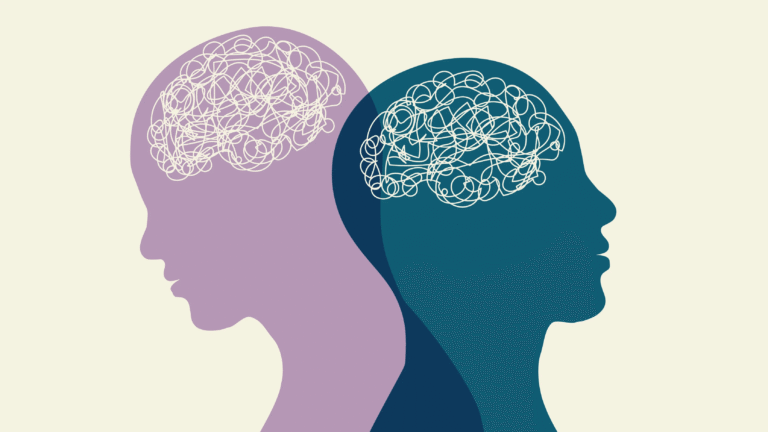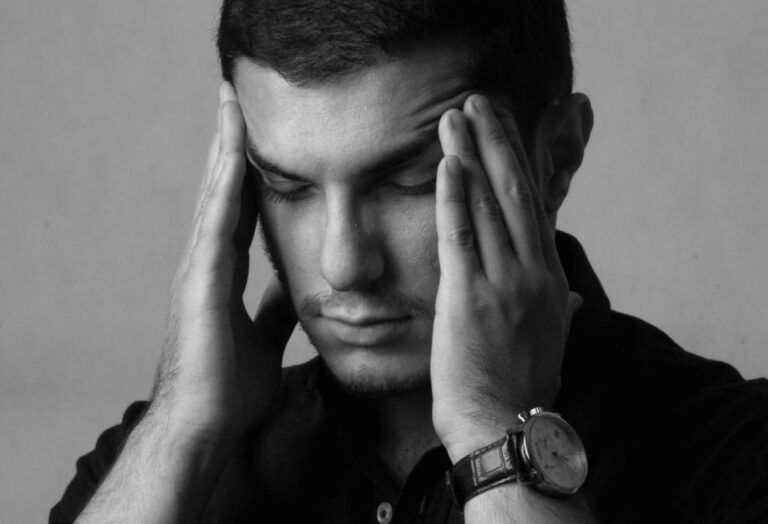Despite the updated talks about mental illness and the openness about mental care, the prevailing stigma against mental illnesses and the perceived weakness of those who seek help for them still force a suffering population to remain isolated and othered by their condition. However, despite the persisting falsehoods, mental illness is so much more than just phoning it in for a few extra days off from work, and therapy or counselling does not make anyone weak.
Any campus or online counselling courses will show students the truth that anyone in therapy already knows; healing is a lot of work. The process of delving into your mind to repair the damage done is long, laborious, scary, and intense. The process of healing is life-changing, and there’s nothing harder than changing the dynamics of your life. Therefore, if you’re one of the hundreds of thousands of people sitting on the fence about therapy, then allow us to take you through our list of six reasons why you should seek counselling.
1. Therapy is For Everyone
Life has always been stressful. That’s not just a fact, it’s a universal truth. From the smallest amoeba fighting for its continued existence to the most vaulted CEO attending an important meeting – stress exists everywhere. Where humanity has the advantage over the amoeba, is that we’re capable of reflecting, recognising when the amount of stress in our lives is overshadowing the amount of joy, and seeking equilibrium.
The point is, that you don’t need to be “sick” to see a therapist. You don’t need to have a mental illness, you don’t need to be traumatised. Therapy is there for you to work through whatever you’re struggling with. This can be something new that has come up at work and you need an impartial sounding board to talk with, or you have a decision to make and need an outside perspective. Therapists are there to be impartial and provide you with an unbiased perspective on your life, and they’re there to help everyone.
2. Something Big Has Happened To You
Maybe someone you love has died, or a long-term relationship has broken up. Maybe you’ve lost your job, or perhaps your life has just taken a bunch of really weird turns lately and you’re starting to re-evaluate who you are. Life events such as these have the power to upend our mental state almost completely, and although the emotional fallout wouldn’t qualify as a “mental illness,” they are difficult to get through alone.
A therapist can help you work through these changes. They can help you assess the level of your reaction to it, making sure that if it could result in mental illness (as is often the case with traumatic events), you remain empowered and with the tools and knowledge to live with it.
3. You Can’t Do Things You Once Could
Did you used to be able to stick to a schedule well and then suddenly wake up one day and find that diaries became meaningless? What if you were once a gun at your job but then went into the office one day and discovered that everything you loved about your job just doesn’t cut it anymore? What if you find it hard to get to the gym? Or what if the little things you enjoyed like reading, calls from your friends, family time, or hobbies no longer feel the way they did?
No matter the reason, the inability to do things or engage in activities you once loved or were skilled at is a huge sign that something is going unaddressed. Whether this is a physical issue or a mental one, seeing a counsellor can help you navigate the sudden dip in capability or enjoyment around certain tasks.
4. Regular Decompression
The concept of coming home after a long day of work and just relaxing to “decompress,” i.e. let go of the tension of the day, therapy provides a regular opportunity to mentally decompress from, well, life.
When you go to therapy, the time you spend with your therapist is time solely dedicated to you. To talk about whatever you want to talk about, and to release the stresses and worries that have built up over the period between appointments. Your therapist isn’t there just to solve problems, they’re there to listen to you and if you want – help.
5. See Another Perspective
Sometimes from the inside looking out, it can be very difficult to empathise with others or to understand how our actions may appear to other people. This can be the source of a lot of conflict, many of which some people may not even see or understand.
If you regularly find that things you say or do are hurting others frequently, thereby negatively affecting your social life, it may be worth consulting a therapist with whom you can share your perspective of things. This will enable you to understand your behaviour better and understand the motivations of others, which will allow you to forge meaningful, healthy relationships with others.
6. Fight The Stigma
The only way that people can ever feel wholly comfortable about going to therapy and looking after their mental health is if other people do it. Everyone needs to look after themselves, and the mind is no exception to that rule. In the same way that you would see a doctor for physical curiosities, you can see a therapist for cognitive occurrences you may wish to understand deeper or help navigate. Rightfully, attending counselling is something that no one should have any shame about, yet the stigma persists. However, the more people that see a therapist, the more de-stigmatised it will become, and widespread social acceptance can proliferate.










